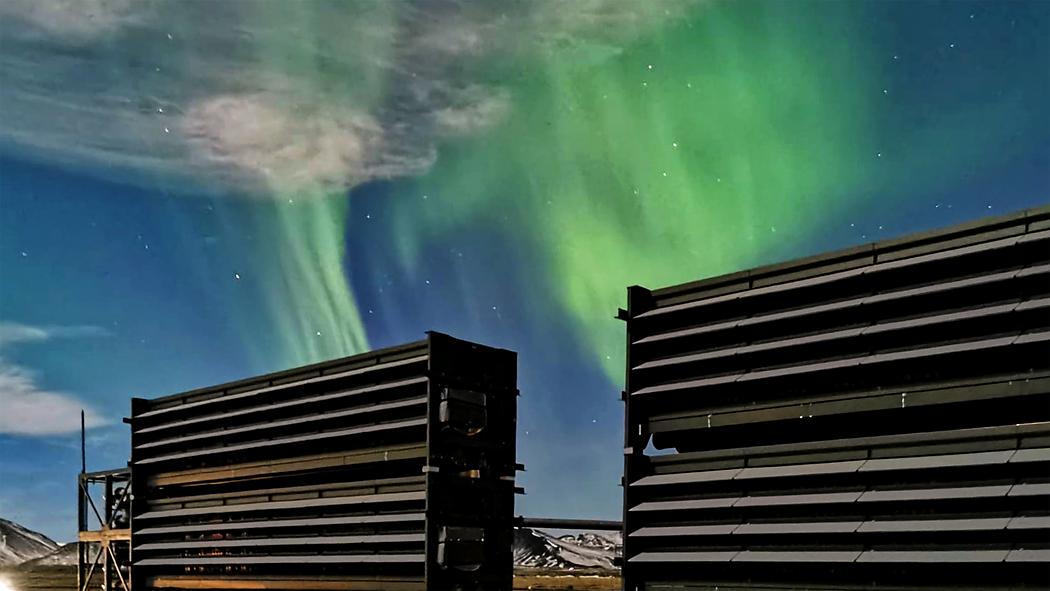The massive machines removing carbon from Earth's atmosphere
To restrain global warming, we know we need to drastically reduce pollution. The very next step after that: using both natural and technological solutions to trap as much excess carbon dioxide from the air as possible. Enter Orca, the world's first large-scale direct air capture and storage plant, built in Iceland by the team at Climeworks, led by climate entrepreneur Jan Wurzbacher. This plant is capable of removing 4,000 tons of carbon dioxide from the air each year. With affordability and scalability in mind, Wurzbacher shares his vision for what comes after Orca, the future of carbon removal tech -- and why these innovations are crucial to stop climate change.
Continued here